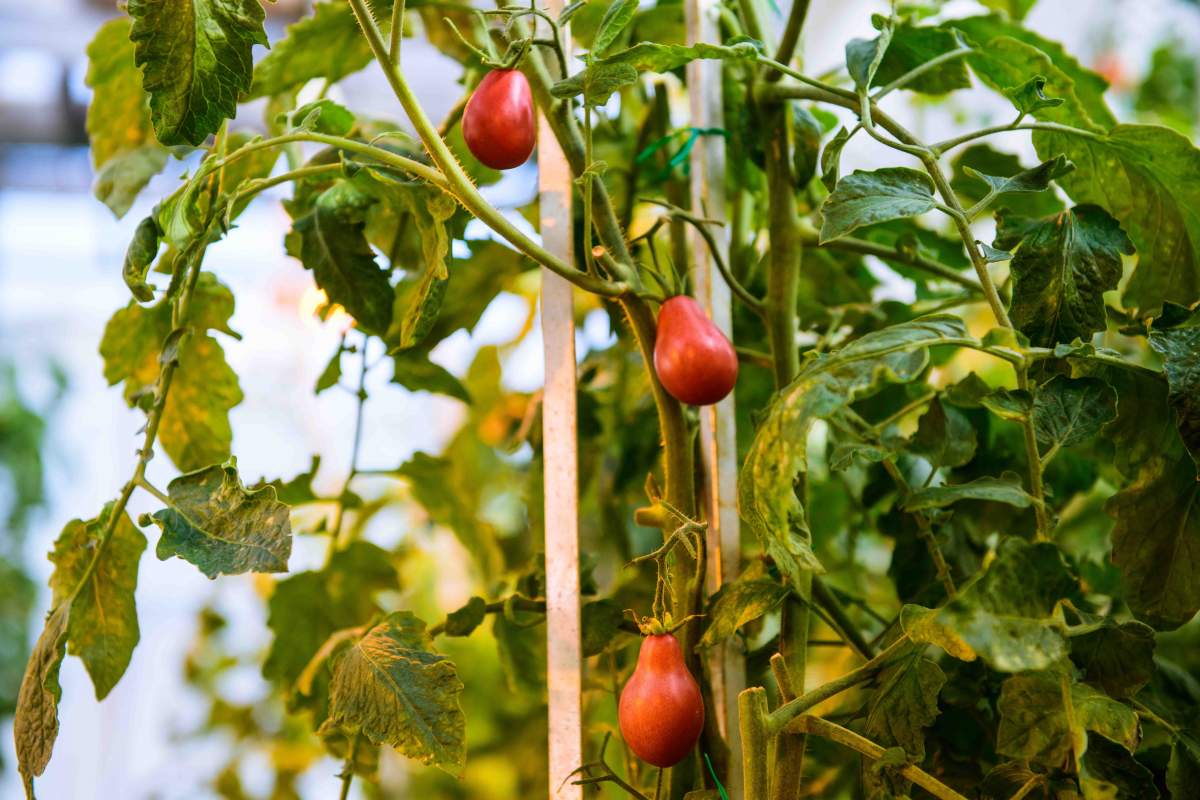
Research Reveals GORKY Protein Turns Bitter Tomatoes Sweet
May 5, 2021| |
A team of researchers from Weizmann Institute of Science identified the reason for the bitter taste in tomatoes which could be used to enhance its breeding.
The team documented a comprehensive profile of 600 lines of local tomato and hybrid species and compared their genomes by correlating the differences in their qualities. They found that alpha-tomatine is the toxic substance that causes bitterness in tomatoes. Alpha-tomatine is converted into non-bitter metabolites as the tomato ripens.
The researchers compare the genetic make-up of a wild tomato species which stays bitter even if it ripens with the non-bitter species. They found a mutation in a gene that did not encode an enzyme affecting the bitter-to-sweet conversion, but rather a transporter protein which they called GORKY. To prove their claim, the researchers used CRISPR technology to silence the gene in some species of tomatoes. The experiment proves that tomatoes without GORKY tasted bitter. The study opens up a line of future research to see if the transporter mechanism exists in other plants.
For more details, read the news release on the website of Weizmann Institute of Science and the journal article in Nature Plants.
| |
You might also like:
- Wild Tomato Gene Key to Creating Pest-Resistant Tomatoes
- Scientists Develop Transgenic Tomatoes with Resistance to Root Knot Nematode
- CRISPR-Cas9 System Used to Develop Pink Tomatoes
Biotech Updates is a weekly newsletter of ISAAA, a not-for-profit organization. It is distributed for free to over 22,000 subscribers worldwide to inform them about the key developments in biosciences, especially in biotechnology. Your support will help us in our mission to feed the world with knowledge. You can help by donating as little as $10.
-
See more articles:
-
News from Around the World
- UN Agencies Conduct Virtual Consultations to Strategize Hunger Alleviation and Food System Transformation
- Oklahoma State University Scientists Wheat Gene Discovery to Increase Yields
- Study Shows First High-Quality Reference Genome of Hazelnut
- Nanonutrients Protect Crops from Fungal Diseases
- Transgenic Crop Industry in Iran Remains Steady Despite Challenges, Study Finds
- European Commission Study Shows Potential for Agriculture of New Genomic Techniques and Need for New Policy
- Research Confirms GM Grass Cleanses Soil of Toxic Pollutants Left by Military Explosives
-
Research Highlights
- Mutant Maize Gene Gives Clues on Breeding Better Crops
-
Plant
- Scientists Control Fruit Fly Population Using CRISPR
- Research Reveals GORKY Protein Turns Bitter Tomatoes Sweet
- Harvard University Researchers Create New Gene Editing Tool Retron Library Recombineering
- Researchers Explore Off-target Effects of TALEN-mediated Bar-knockout in Rice
-
Read the latest: - Biotech Updates (February 18, 2026)
- Gene Editing Supplement (January 28, 2026)
- Gene Drive Supplement (February 22, 2023)
-
Subscribe to BU: - Share
- Tweet

